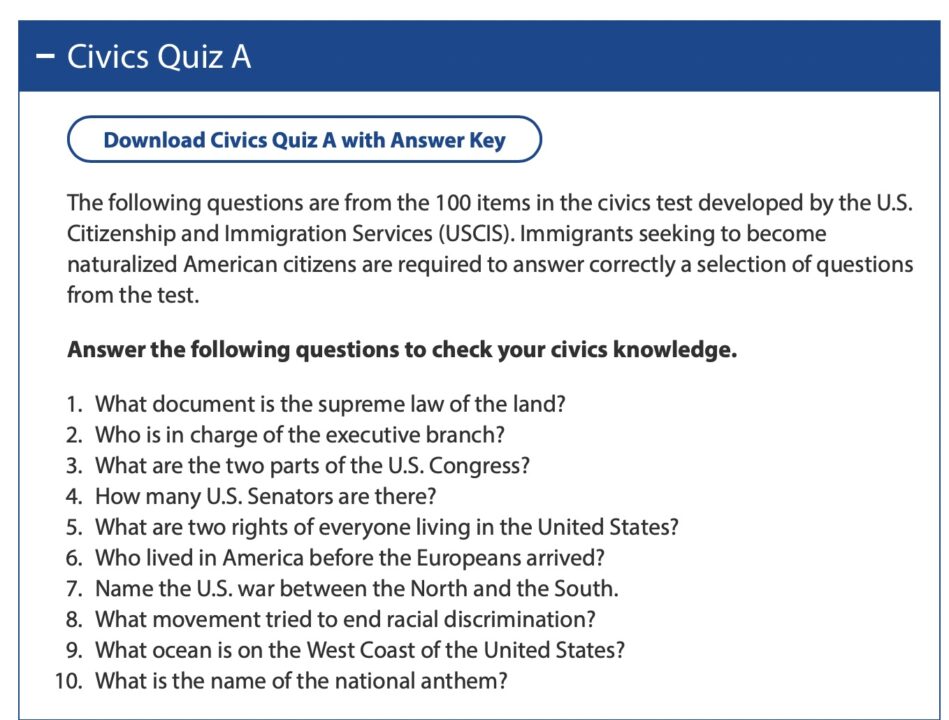Here is a video clip of Superintendent David Ryan who currently works in SAU16. Prior to becoming Superintendent in SAU16, he worked in the Manchester schools.
During a presentation before the school board in Manchester, he explained what civics education will look like in the classroom. As you can see from the video, he shows how students will be groomed to become community activists and organizers.
But what does a good quality civics education look like? This is an important question if you care about children receiving a quality public education, versus a political indoctrination.
Here is some of what Core Knowledge offers students who study Civics using their scope and sequence.
Can you see the difference?
What David Ryan proposed for the students in Manchester was a lesson in grooming children to become community organizers for political activists, not an education in Civics.
This is called action civics and has become more prominent in public education, to the dismay of prominent individuals and organizations.
There is certainly nothing wrong with students learning how to address elected officials, but as you can see from the video, turning children into community organizers and activists leaves out the importance of actual Civics content knowledge. The academic content knowledge is included in what Core Knowledge offers.
This past year, New Hampshire’s legislators passed a new Civics law that requires high school students to attain a grade of 70 percent or better on the civics naturalization examination developed by the United States Citizen and Immigration Service.
In other words, New Hampshire legislators who supported HB 320 wanted to make sure that students needed to have some basis of knowledge in Civics.
There is so much more that schools should be doing for children, but they are focused on civic action instead.
Parents need to make sure they are looking closely at what their public school is providing in terms of Civics academic content. Compare it to what Core Knowledge expects students to know. Then take all of that information to your school board and let them know if the district is not focused on knowledge, literacy, and academic content.
There is nothing good about illiteracy in any core academic subject, Civics included.

